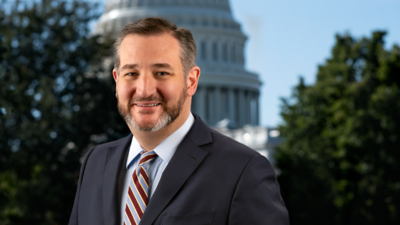Dr. Gerald Lordan, Social Studies Teacher at Fenwick High School
Dr. Gerald Lordan, Social Studies Teacher at Fenwick High School
A parochial school's moral obligation to its students creates a different relationship between teacher and student than that in public schools, Gerald Lordan, a social studies teacher at Fenwick High School in Oak Park, contends.
“In public education, the legal status between the school and the family would be the school acts in the place of the family,” Lordan told hosts Dan Proft and Amy Jacobson on "Chicago’s Morning Answer" radio show recently. “In private schools, it’s a different legal relationship. The school is a contractual partner with the parent. We don’t act in the place of the parents.”
Proft is a principal of Local Government Information Services, which owns this publication.

Fenwick High School
| https://blog.fenwickfriars.com/news/in-loco-parentis-does-not-mean-crazy-parents/#more-1764
Lordan has taught for more than 40 years and recently penned an opinion article titled "Loco Parentis Does Not Mean ‘Crazy Parents:’ Why We Place So Much Value on Private Education." In it, he argues that good families want their children to attend schools with good community values.
“Parochial schools have greater social capital than their public school counterparts," he wrote.
Lordan argues that every high school in the United States has a legal obligation to the state legislature that charters that school to train patriotic citizens and literate Americans.
At private schools like Fenwick, teachers take their legal obligations a step further, according to Lordan.
“We have a moral obligation to the supreme being, above and beyond a legal obligation to the state legislature,” Lordan said. “Our moral obligation to the supreme being is to train servant leaders for society.”
Lordan said this impacts school curriculum. Instead of focusing on U.S. history, Fenwick teaches moral theology.
“We teach a full year of ethics to our students in their junior year,” he said.
Lordan said that people have a deep atavistic core desire to understand their place in the cosmos, and he believes logic and ethics address that desire for children. What is presented in the classroom changes, but the role-modeling behavior of the faculty should be constant, he maintains.
“We believe that we can offer kids unchanging values in changing times.”





 Alerts Sign-up
Alerts Sign-up